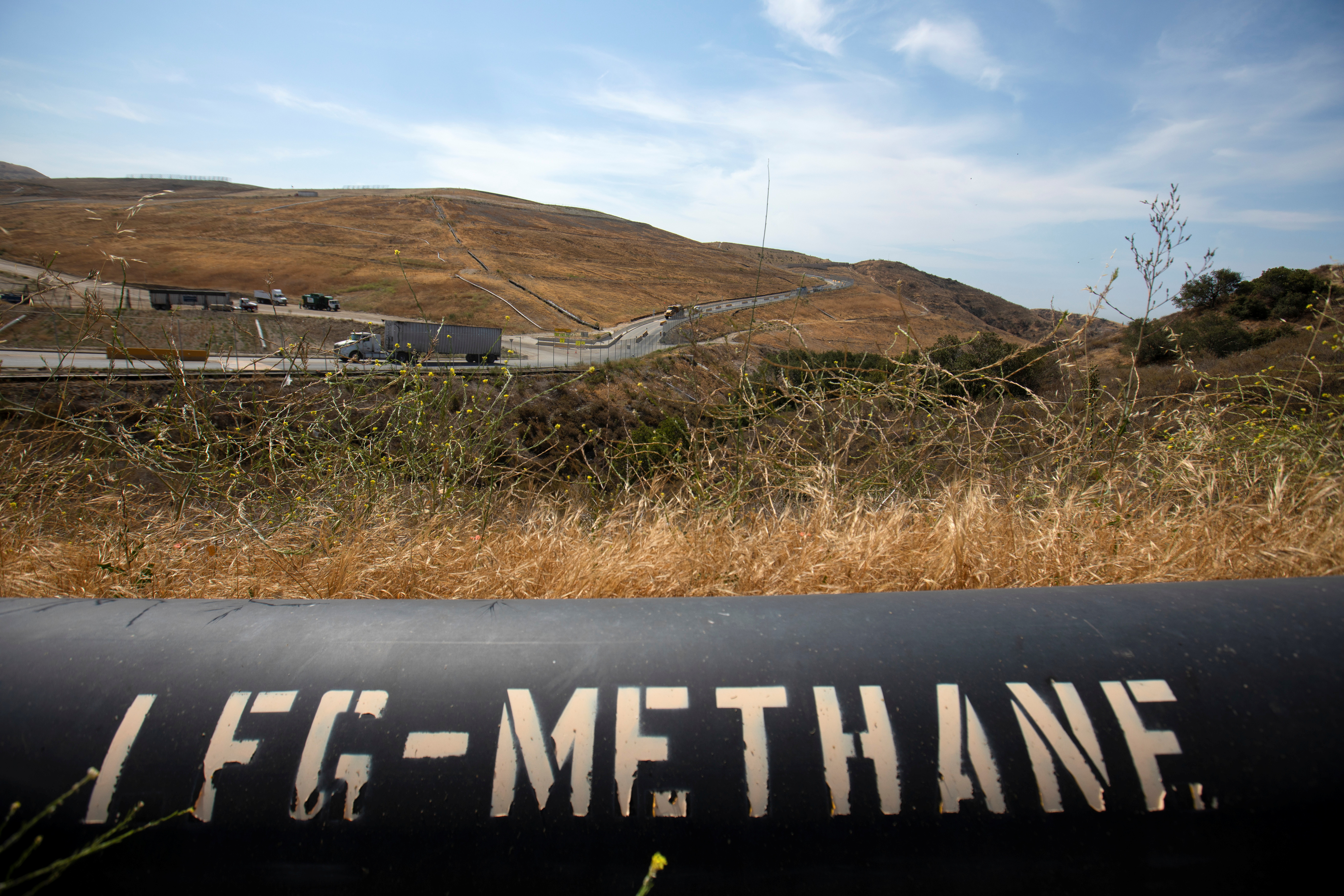
Aug 24 (Reuters) – The U.S. Department of Transportation’s Pipeline and Hazardous Materials Safety Administration (PHMSA) on Thursday proposed new measures to bolster the safety requirements of gas distribution pipelines.
The PHMSA issued a Notice of Proposed Rulemaking (NPRM), outlining updated regulations to improve safety on the country’s millions of miles of gas distribution pipelines. It aims to mitigate risk through the improvement of emergency response plans, integrity management plans, operation manuals and more.
This proposal comes after the Massachusetts gas explosions in 2018 linked to a utility, which killed one person and injured 22 others.
“This proposal incorporates lessons from the 2018 Merrimack Valley (in Massachusetts) tragedy to help ensure something like that never happens again. These changes will protect communities and the environment, as well as lower energy costs for consumers,” said PHMSA deputy administrator Tristan Brown.
The proposal requires pipeline operators to improve construction procedures designed to minimize the risk of incidents caused by system over-pressurization and update distribution integrity management programs to cover and prepare for over-pressurization incidents.
It also states that new regulator stations are to be designed with secondary pressure relief valves and remote gas monitoring.
The proposal highlights the need to strengthen emergency response plans, including requirements for operators to contact local emergency responders and keep customers and the affected public informed of what to do in the event of an emergency.
This NPRM implements Congressionally mandated revisions from the Leonel Rondon Pipeline Safety Act, enacted as part of the Protecting our Infrastructure of Pipelines and Enhancing Safety Act of 2020 as well as to address National Transportation Safety Board recommendations.
In May, the PHMSA had also announced new rules aimed at reducing leaks of methane, a potent greenhouse gas, from the domestic pipeline system that could eliminate 1 million tonnes of methane emissions by 2030.
Reporting by Ashitha Shivaprasad in Bengaluru; Editing by Bernadette Baum
Share This:




 CDN NEWS |
CDN NEWS |  US NEWS
US NEWS 





























